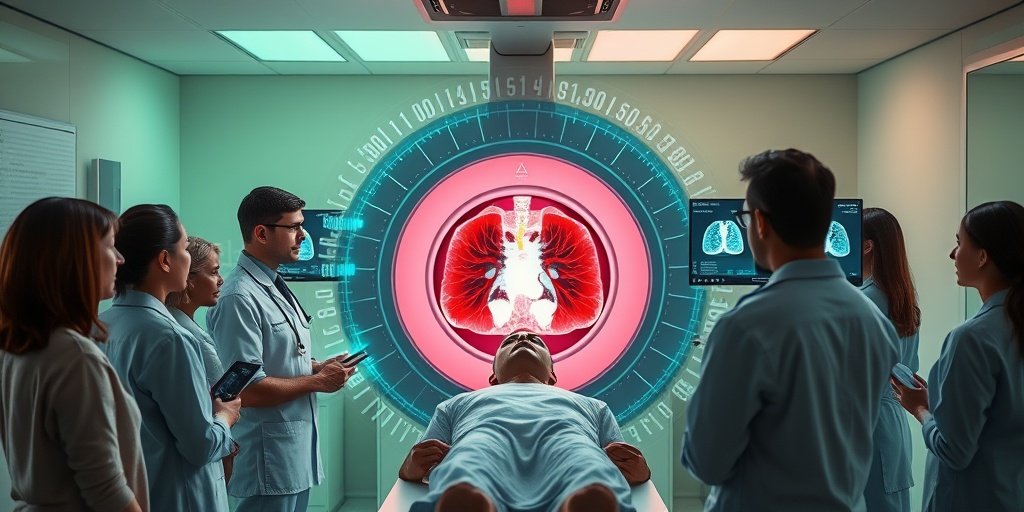Overview
A recent study presented at the ATS 2025 International Conference highlights a deep learning model capable of predicting lung cancer risk from a single low-dose chest CT scan. This model, named Sybil, was developed using data from the National Lung Screening Trial (NLST) by researchers from the Massachusetts Institute of Technology and Harvard Medical School.
Key Findings
- The Sybil model can assist in creating more personalized lung cancer screening strategies.
- It is particularly beneficial in Asia, where lung cancer rates among nonsmokers are increasing.
- Current guidelines do not recommend screening for lower-risk individuals, including non-smokers, despite rising lung cancer rates in this demographic.
Research Insights
Dr. Yeon Wook Kim, a pulmonologist at Seoul National University Bundang Hospital, stated:
“Sybil demonstrated the potential to identify true low-risk individuals who may benefit from discontinuing further screening, as well as to detect at-risk groups who should be encouraged to continue screening.”
Study Details
The study evaluated over 21,000 individuals aged 50-80 who underwent self-initiated LDCT screening from 2009 to 2021, tracking their outcomes until 2024. The Sybil model effectively predicted lung cancer diagnoses at both one and six years, including among never-smokers.
Future Directions
Dr. Kim emphasized the model’s unique capability to predict lung cancer risk from a single LDCT scan, independent of traditional demographic factors. The researchers plan to:
- Conduct a prospective study to validate Sybil’s effectiveness in clinical settings.
- Enhance the model’s ability to predict other significant outcomes, such as lung cancer-specific mortality.
